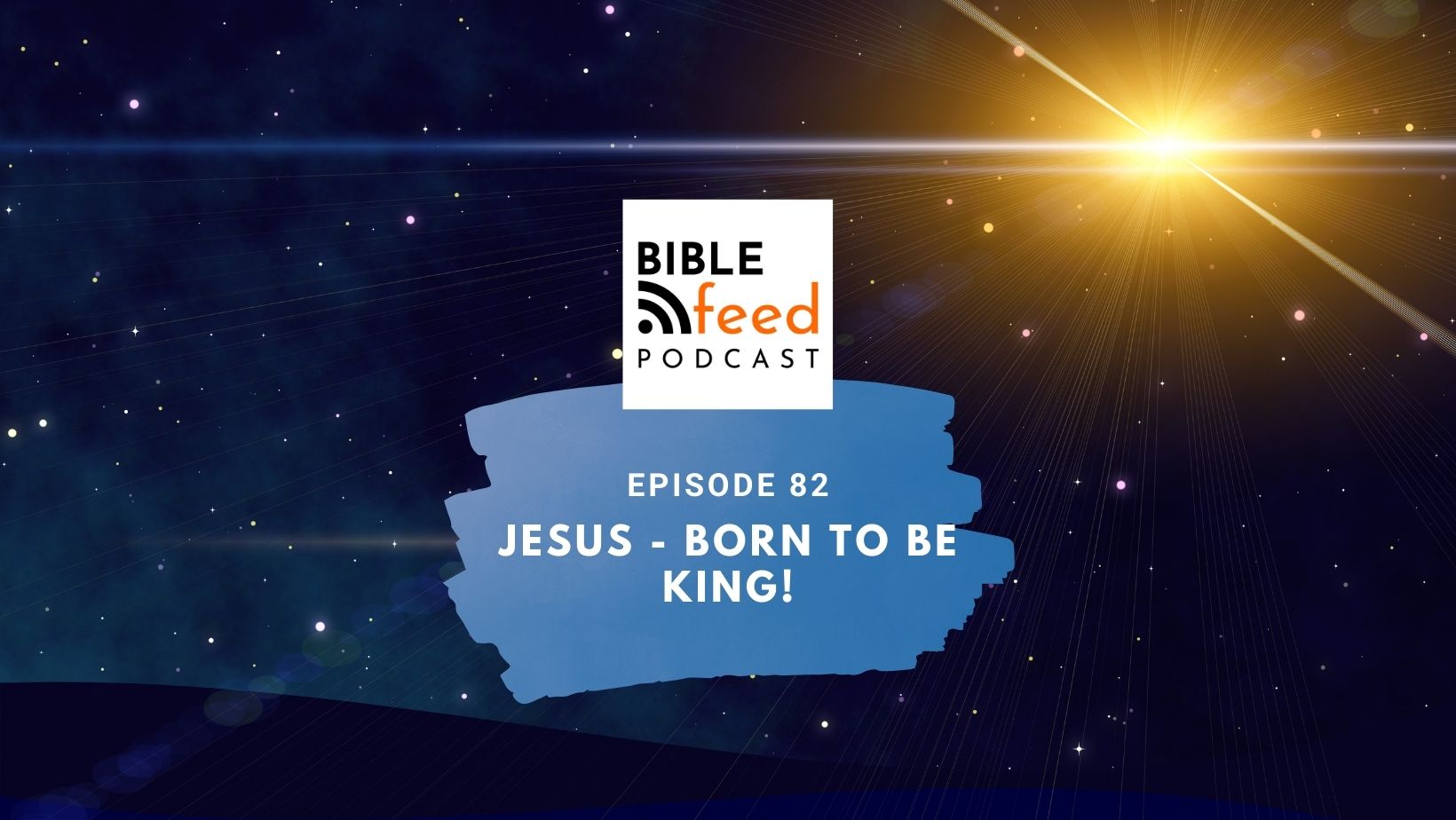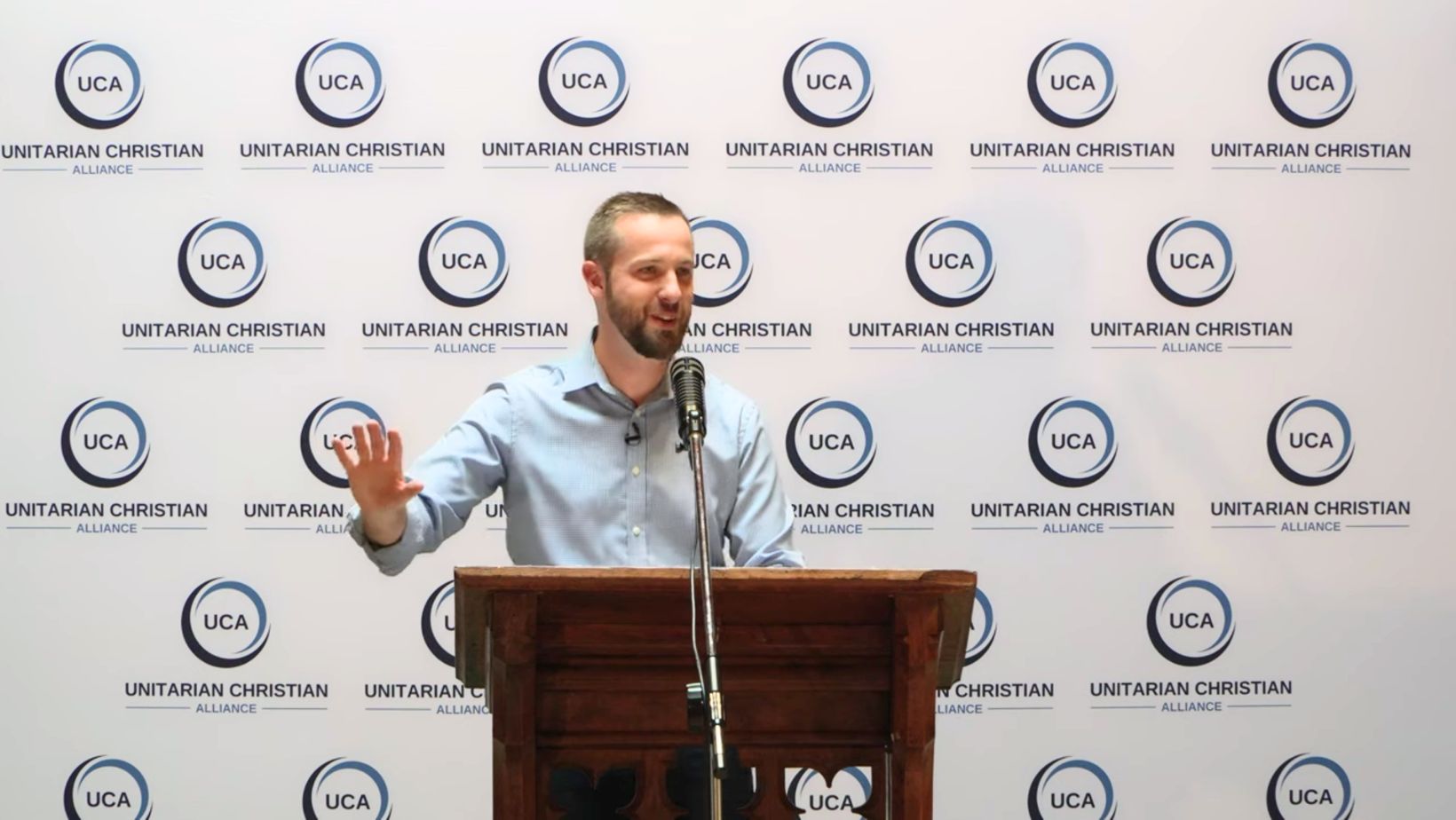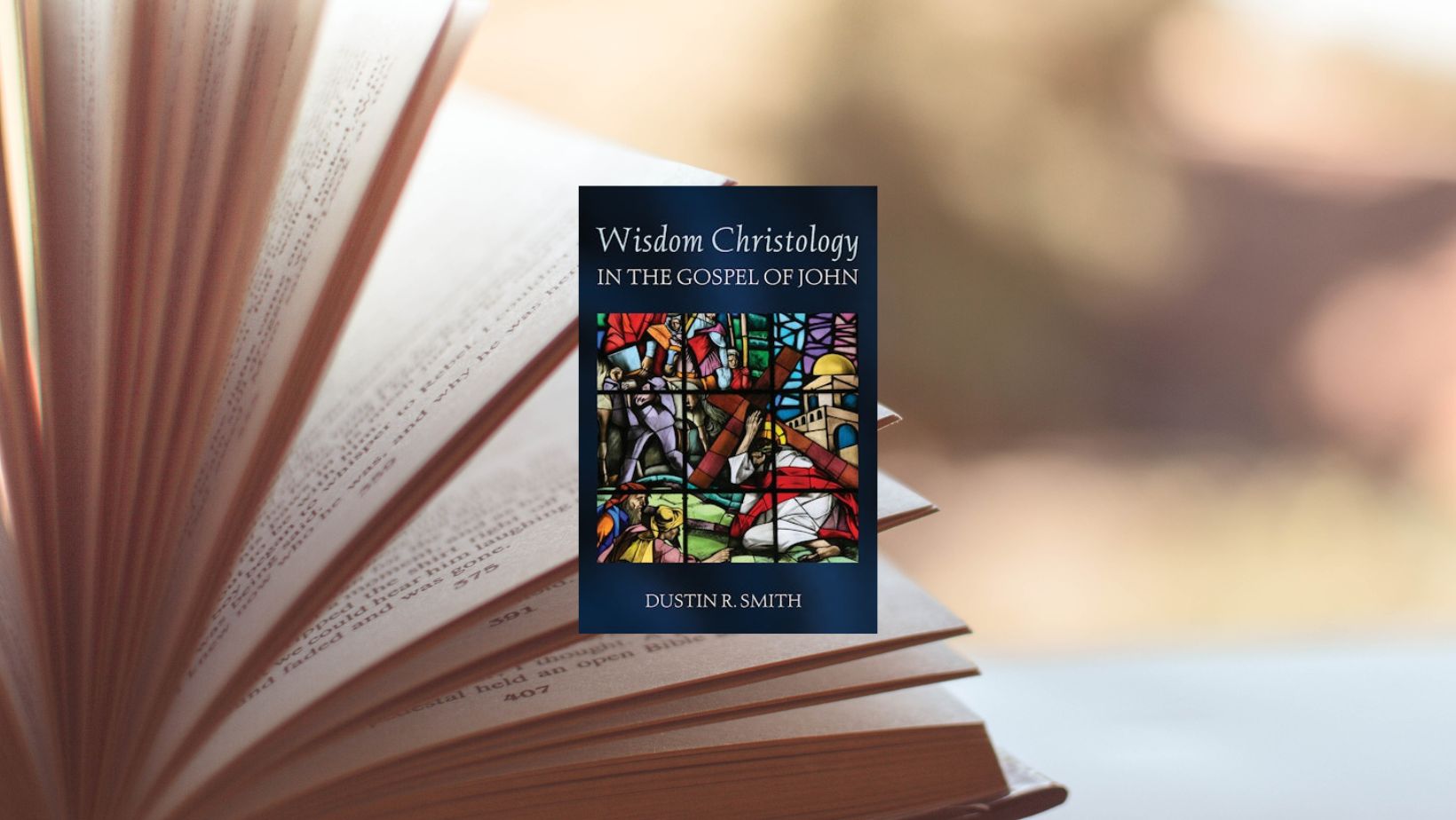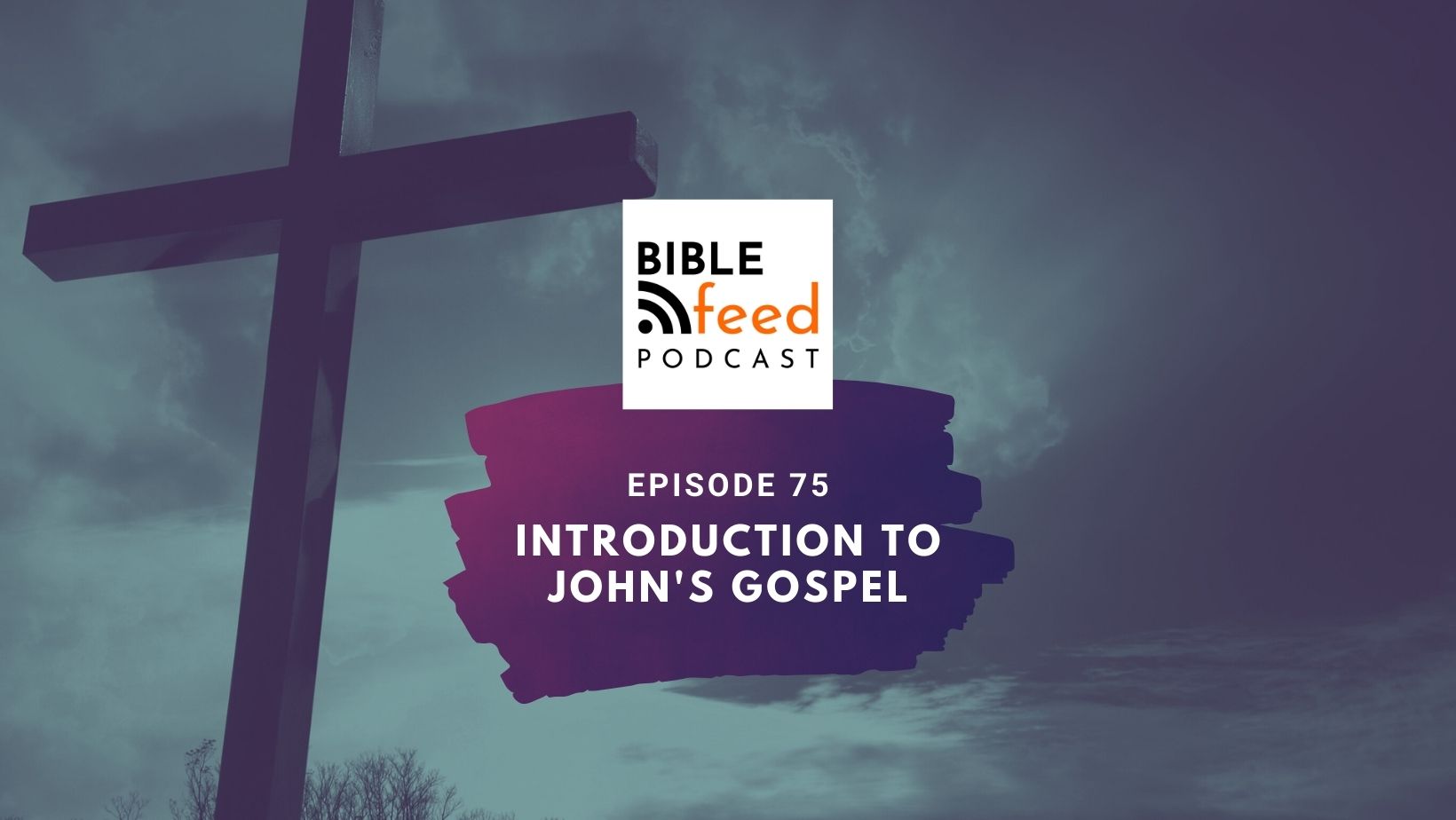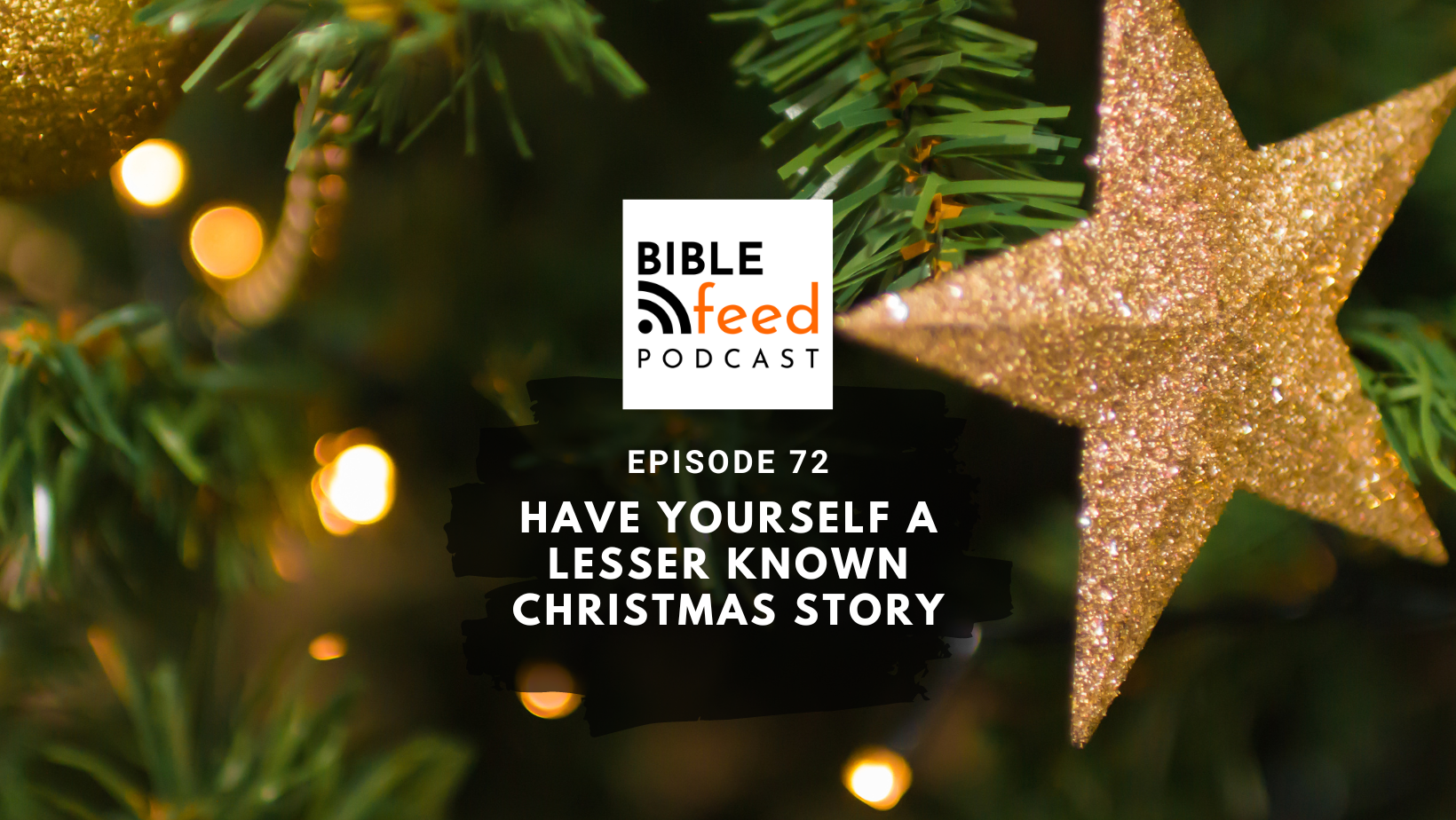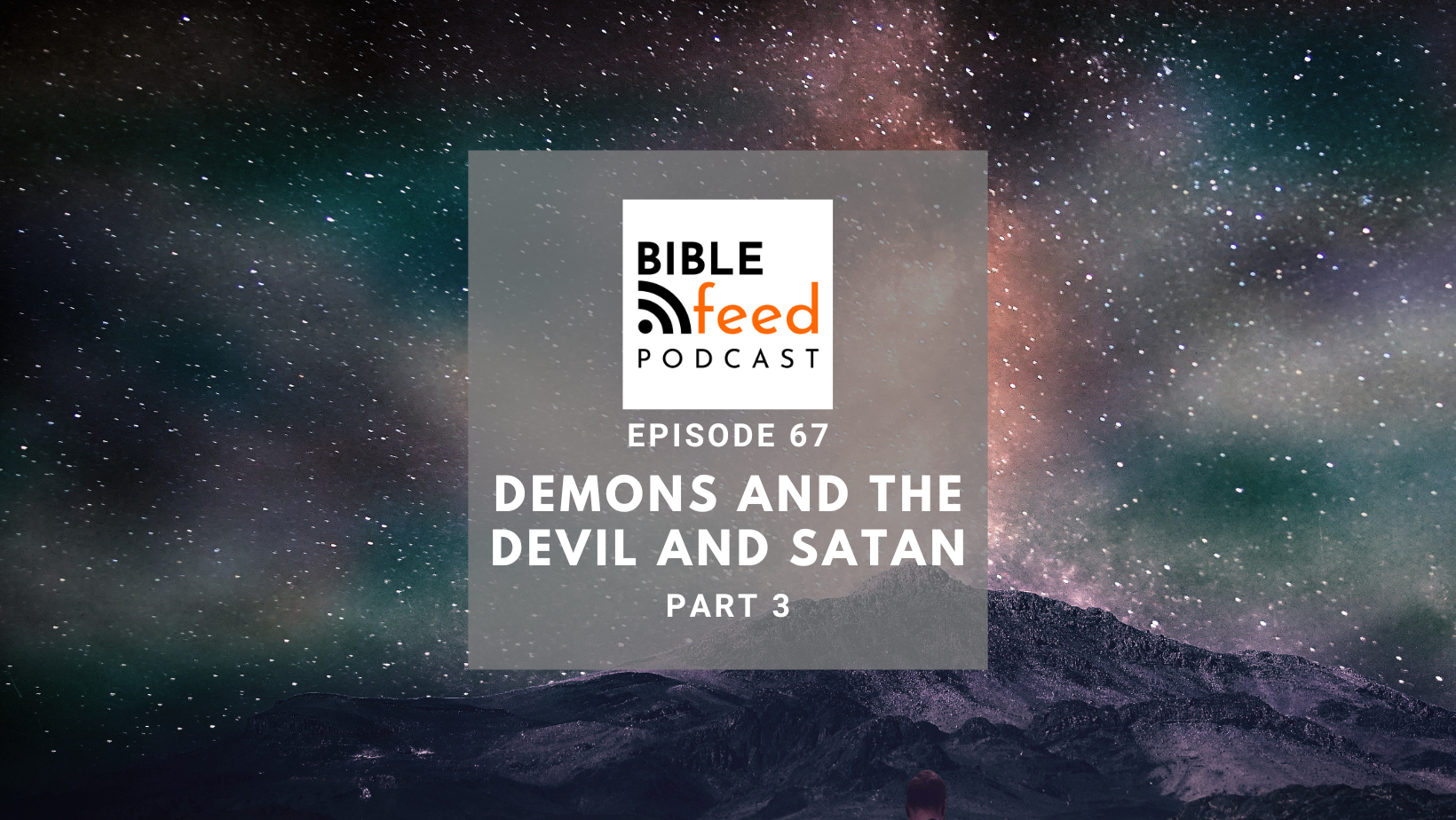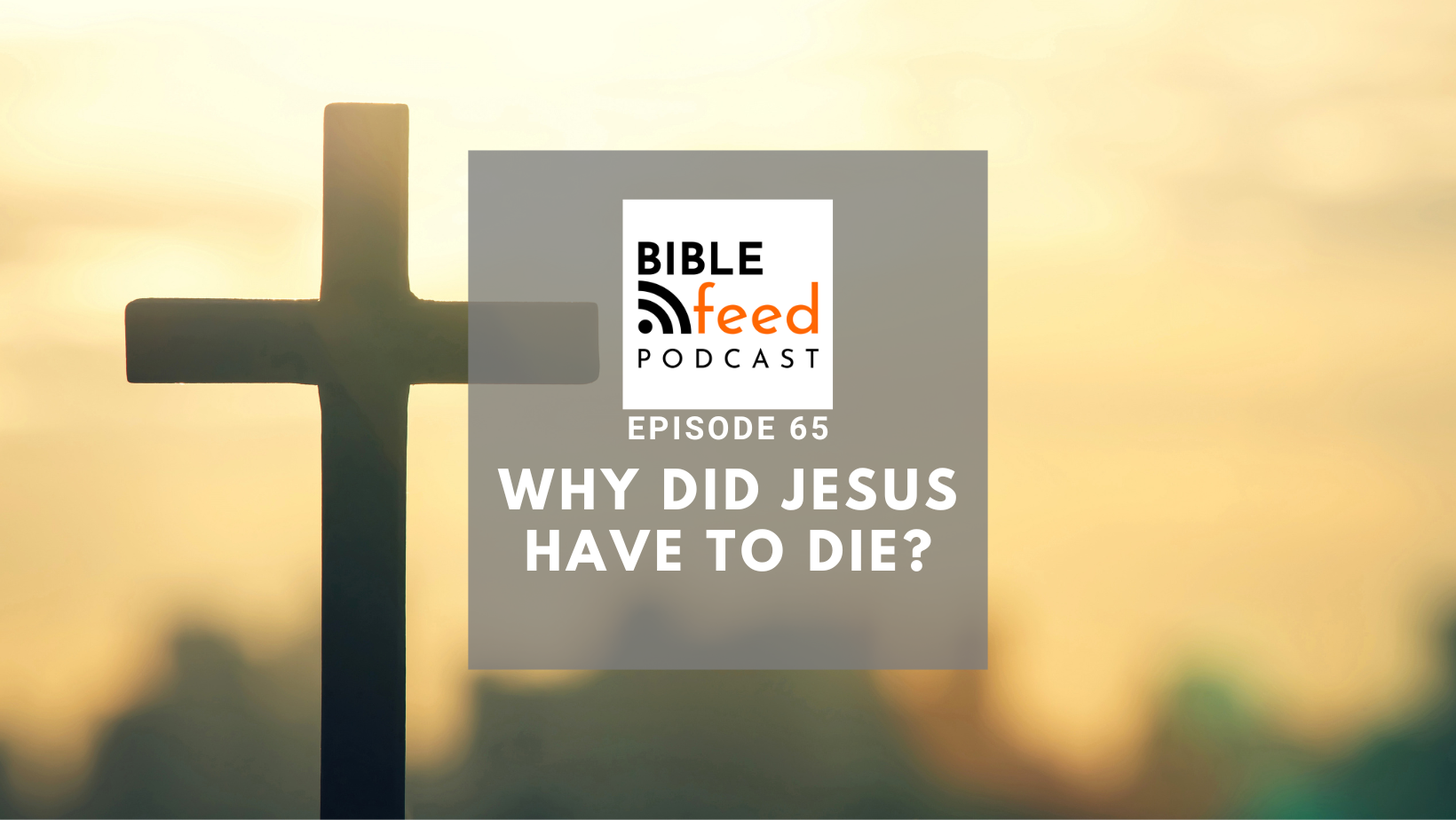We delve into the fascinating historical context surrounding the birth of Jesus, who was born to be king, through the tumultuous world of King Herod and the Roman Caesars. Discover how Jesus' birth and teachings presented a radical departure from the totalitarian and often brutal reigns of worldly kings. This Christmas-themed podcast reveals the profound differences between the kings of men and the king who was laid in a manger. Tune in to explore the themes of humility, justice, and divine kingship that continue to inspire and challenge us today.
Is it accurate to say that "God hung on the cross" or "God died for me"? That was the topic of co-host Dan's paper at the UCA Conference in July 2024. Watch the presentation and read more detailed responses to some of the questions to see why we think that it wasn't God on the cross.
Dan reviews Wisdom Christology in the Gospel of John, a book by Dustin R. Smith that seeks to open up the Jewish background to the fourth gospel. Smith argues that the wisdom literature of Proverbs and beyond is the basis for John's unique presentation of Jesus as the embodiment of God's wisdom. Find out more and get a glimpse into the research that goes on behind the scenes at Bible Feed as preparation for our podcasts!
In this episode Dan and Paul embark on an exploration of John's Gospel, unraveling its sense of majesty and mystery right from the opening verses. They discuss the unique structure and content of John's Gospel, comparing it to the Synoptic Gospels—Matthew, Mark, and Luke—highlighting its distinct opening, key themes, and the explicit purpose stated in John's narrative. They delve into the significance of belief, the role of witnessing, and the powerful symbolism of water and blood, offering a compelling argument for understanding John’s Gospel as a carefully selected collection of events aimed at strengthening the reader's faith in Jesus as the Messiah.
Relaunching the podcast, Dan and Laurence celebrate by pondering a lesser known Christmas story. They encounter a community of people in the temple at Jerusalem "waiting for the consolation of Israel". They discover that the birth of Jesus is firmly rooted in a backstory. Investigating mystery deaths and incomplete sentences, this is an invitation to have yourself a lesser known Christmas story!
Where do demons fit into a Biblical theology? We look at the few places they appear in the Old Testament and find them linked to the idols worshipped by the peoples around the ancient Israelites. It turns out they are presented as having no real existence or power. So why do demons suddenly make a large appearance in the Gospels?
Dan welcomes guest, John Launchbury, to discuss the vital question: why did Jesus have to die? They explore the meaning of the word atonement and consider the pros and cons of some of the main atonement theories. As they explore the key scriptural passages involved they find that the impact of the death of Jesus can be just as profound today as it was in the 1st century - and it's all about changing us rather than changing God!
In the dead of night, in the middle of the sea of Galilee under a ferocious storm, Jesus appears walking on the waves towards his disciples. He calms the sea and the boat is immediately at land and safety. It's no wonder that the disciples were amazed at this. What did this mean? If Jesus could control creation by walking on the raging sea, does that make him divine? Does walking on water show that Jesus is God?
Christmas is a time of joy and festivity, but the joy sometimes fades away much quicker than we would like. By turning attention directly to the birth of Christ, can we recapture something of a more permanent joy and rejoicing to help us through life with more optimism and hope?
How can Jesus uniquely be called the Son of God? Does calling him the Son of God make him Deity in any sense? What is Jesus claiming when he says he is the Son of God? All these questions and more are considered in this episode.

